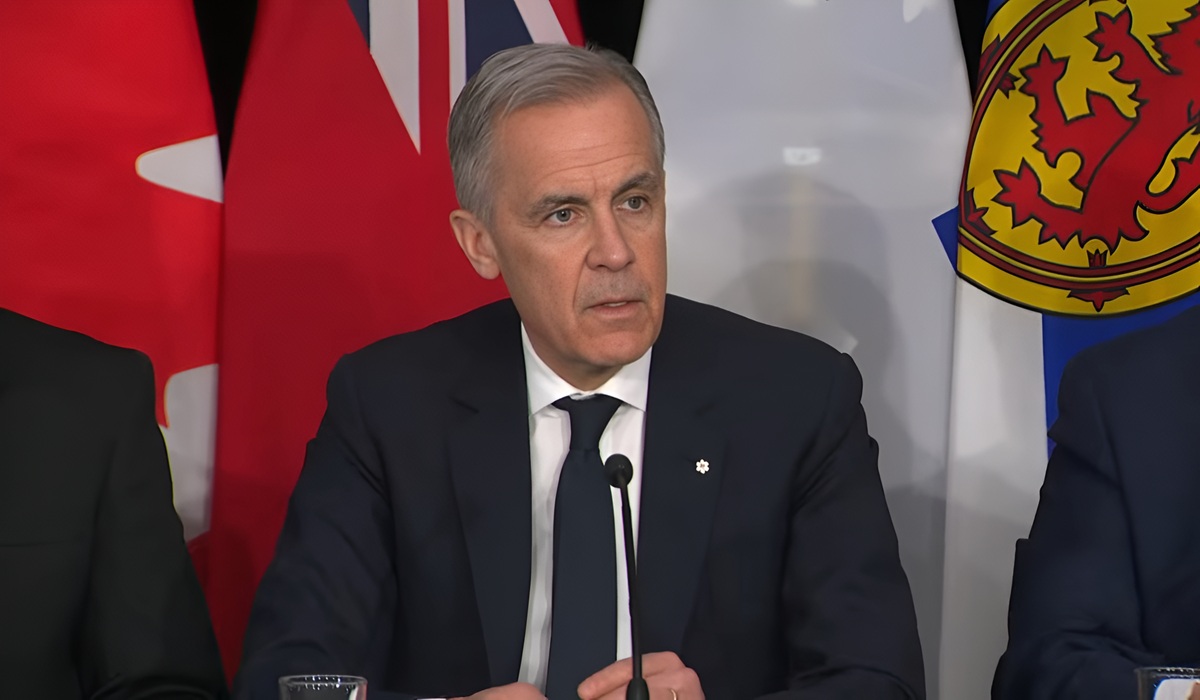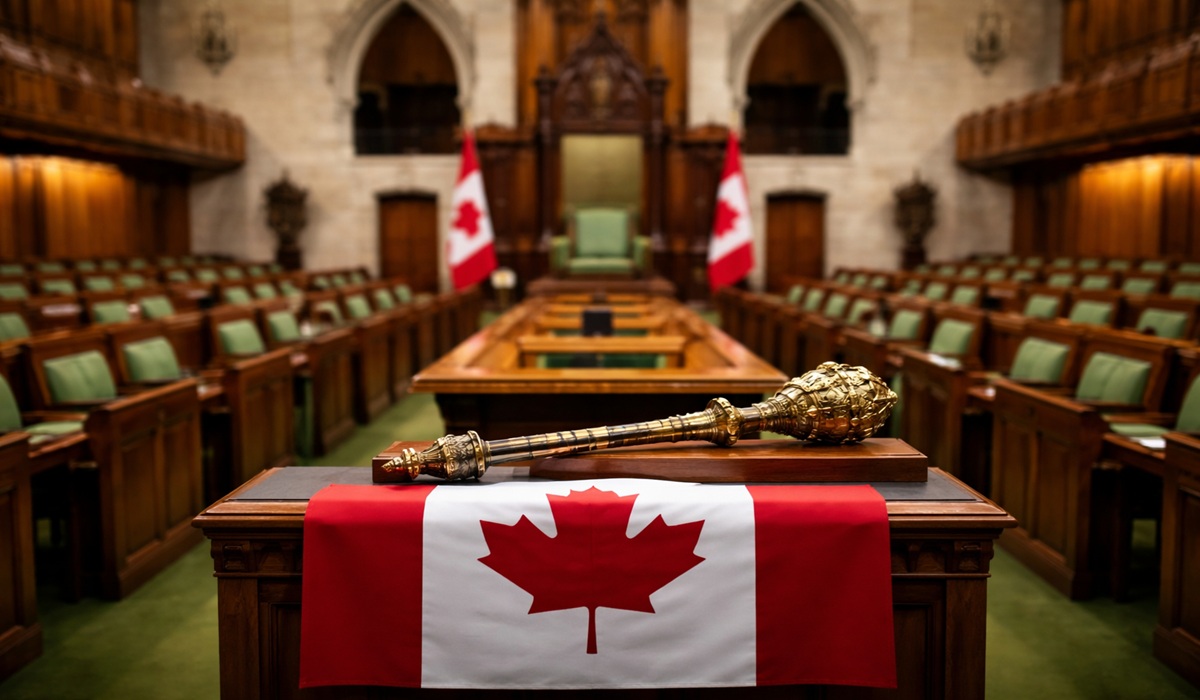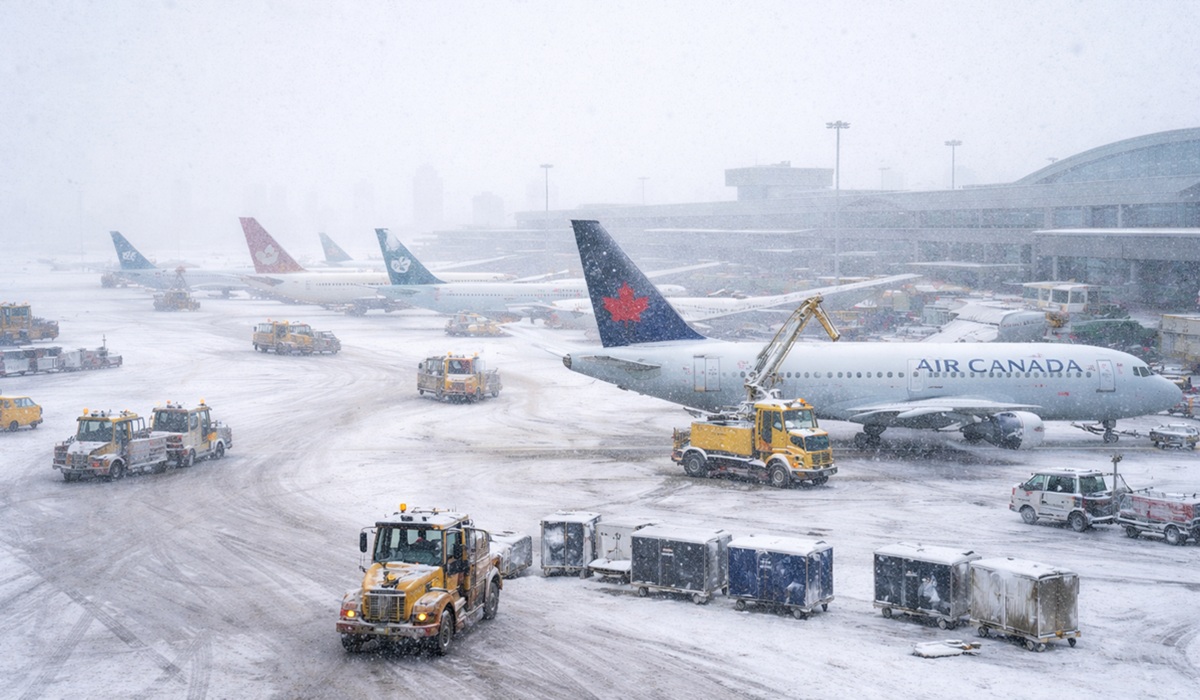Canadian Federal Election Preview: How Many Candidates Are Just Filling Space?
- TDS News
- Canada
- December 27, 2024

Image Credit, Vilius Kukanauskas
The Canadian political landscape is abuzz with speculation as whispers of a federal election in 2025 possibly arriving earlier grow louder. The Trudeau government finds itself on shaky ground, with the NDP signaling its willingness to support a Conservative-led vote of no confidence early in the new year. Such developments often lead to a scramble in party war rooms, resulting in an unfortunate yet predictable phenomenon: the rise of “paper candidates.”
What exactly are paper candidates? Simply put, they are individuals running for office with little to no chance of winning. In many cases, they are placeholders—a reflection of desperation when parties are caught unprepared for a snap election. Whether due to a lack of local interest or the party’s electoral math showing certain ridings as unwinnable, these candidates are often thrown into the race as sacrificial lambs. They face an uphill battle, with limited resources and minimal support from the party apparatus, and are frequently placed in ridings that historically do not align with their party’s ideology.
The process is made all the more disheartening when such candidates are “acclaimed.” Acclamation can be a badge of honor for a long-standing, respected community leader in a stronghold riding. However, it is an entirely different story when the acclamation reflects a lack of competition or interest, signaling that the candidate is merely filling space on the ballot. This latter scenario often occurs in ridings with demographics that don’t align with the party’s core base or in regions where the government’s reputation—or that of its leader—is severely tarnished.
Paper candidates face an unrelenting challenge. They are expected to campaign as though victory is possible, often against well-funded opponents with deep local ties. The lack of financial and logistical support from their own party compounds the difficulty. For those with experience in government, running as a paper candidate might be viewed as a necessary favor, a move to secure future opportunities within the party. For political novices, it may stem from naivety or a misguided sense of civic duty, unaware of the uphill battle they are about to face.
History offers numerous examples, particularly at the provincial level, of elections filled with such candidates. These individuals frequently receive little more than token support, and their campaigns often collapse under the weight of the logistical and financial demands of federal-level politics. The current political climate—marked by dissatisfaction with government performance, ethical controversies, and economic uncertainty—only amplifies the challenges for paper candidates.
As the possibility of an early election looms, we will be closely monitoring the candidate lists across the country. Our forthcoming analysis will shine a spotlight on those running in name only—highlighting ridings where the fight has been conceded before the first ballot is cast. In this critical juncture for Canadian democracy, the phenomenon of paper candidates serves as a stark reminder of the disparities in electoral readiness and the human cost of political gamesmanship.








